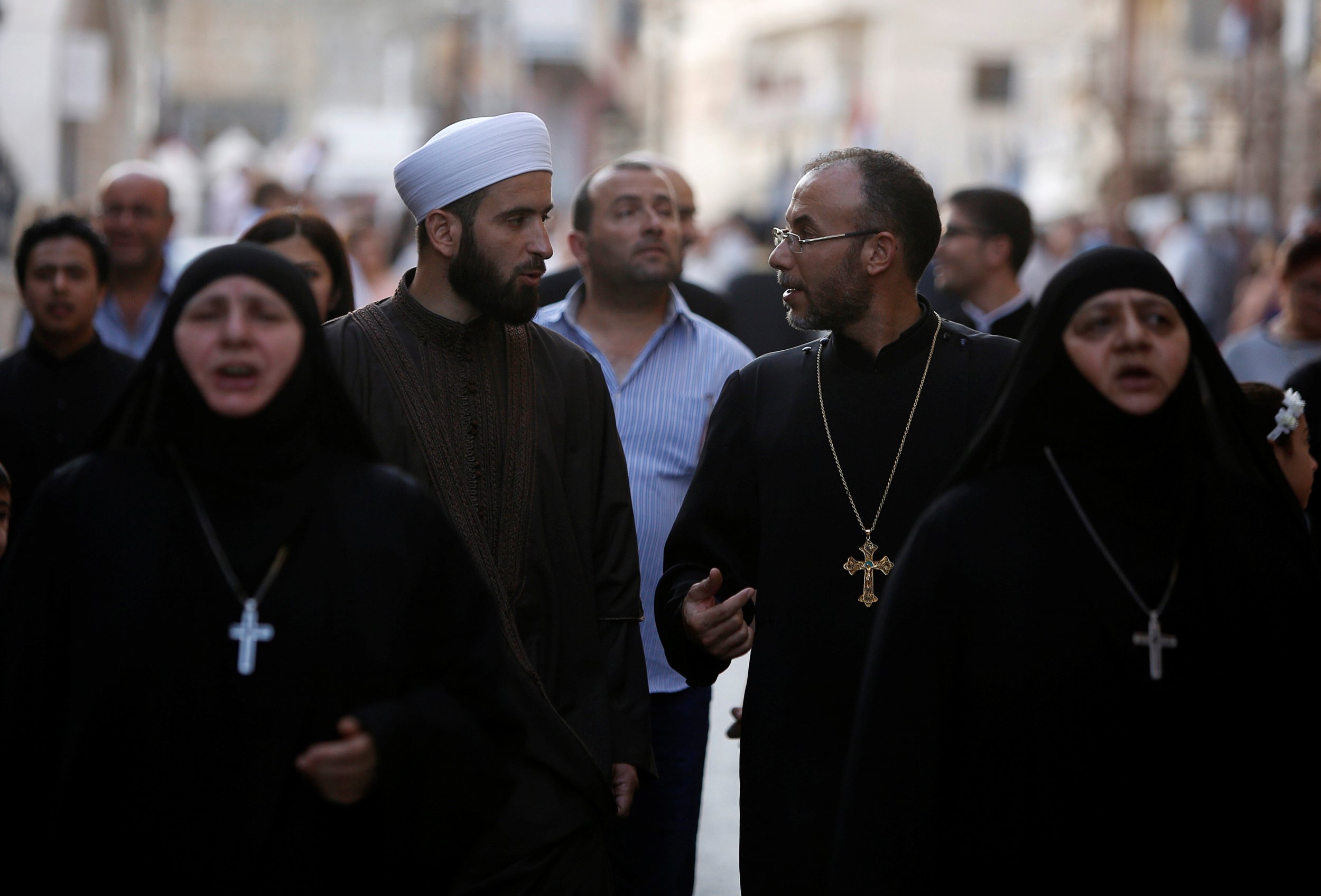modelcampusa.com – Syria is a land of profound historical and cultural significance, where religion plays a central role in shaping the social fabric. The country’s diverse religious landscape reflects a complex tapestry of faiths and traditions that have coexisted for centuries. Understanding the interplay between religion and society in Syria is crucial for appreciating the nation’s cultural richness and the challenges it faces in maintaining social harmony.
Religious Diversity in Syria
Syria is home to a wide array of religious communities, including Sunni and Shia Muslims, Christians, Alawites, Druze, and smaller groups such as Yazidis and Jews. Sunni Islam is the dominant faith, but the presence of significant minority groups has contributed to a culture of pluralism. This diversity is evident in the country’s religious practices, festivals, and places of worship, which together create a vibrant spiritual landscape.
Historical Context
The history of religious diversity in Syria dates back to ancient times, with the region serving as a crossroads for various civilizations and faiths. Throughout its history, Syria has been a melting pot of religious ideas, from the ancient polytheistic beliefs of its early inhabitants to the spread of Christianity and Islam. This historical context has shaped Syria’s identity as a nation of religious coexistence.
Religion’s Role in Society
Religion in Syria is not just a matter of personal faith; it is deeply intertwined with social and cultural life. Religious institutions often play a vital role in education, social services, and community organization. Religious leaders and organizations are influential in shaping public opinion and policy, and they often act as mediators in times of conflict or crisis.
Challenges to Religious Harmony
The conflict in Syria has strained the relationships between different religious communities, leading to sectarian tensions and violence. The war has exacerbated divisions and fueled mistrust, threatening the tradition of coexistence. Addressing these challenges requires concerted efforts to promote dialogue, understanding, and reconciliation among Syria’s diverse religious groups.
Efforts Towards Reconciliation
In the face of these challenges, there are ongoing efforts to rebuild trust and harmony among Syria’s religious communities. Initiatives led by both local and international organizations focus on peacebuilding, interfaith dialogue, and community development. These efforts aim to bridge divides and foster a sense of shared identity and purpose among Syrians.
Conclusion
Religion and society in Syria are deeply interconnected, shaping the nation’s identity and influencing its path toward peace and recovery. While the challenges are significant, the rich tapestry of religious diversity offers a foundation for building a more inclusive and harmonious society. By embracing their shared heritage and fostering mutual respect, the people of Syria can work towards a future where religion serves as a source of unity rather than division.
